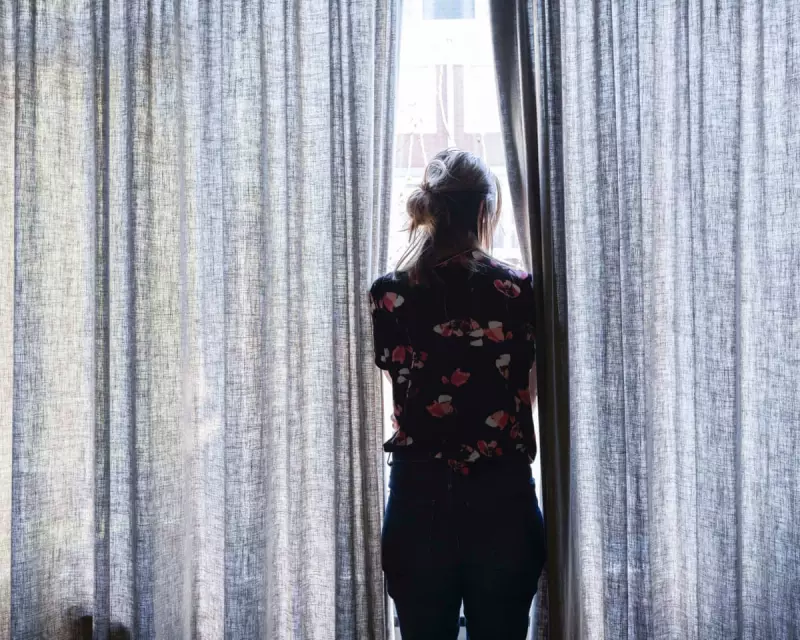
The Crown Prosecution Service (CPS) has announced a comprehensive five-year strategy to fundamentally improve its handling of Violence Against Women and Girls (VAWG) cases. This major overhaul comes as new internal data reveals the shocking prevalence of domestic abuse within other crime types, found in more than a third of all rape cases.
A Spectrum of Abuse: The Overlapping Nature of Crimes
The CPS data analysis uncovered significant overlaps in offences. It was found that domestic abuse was a factor in 35.1% of rape charges. The connection was even more pronounced in other areas, with domestic abuse linked to 93.5% of 'honour' crime charges, 82.8% of stalking charges, and 85.6% of image-based sexual abuse charges, commonly known as 'revenge porn'.
Stephen Parkinson, the Director of Public Prosecutions, emphasised the complexity of these crimes. He stated, "The nature of violence against women and girls continues to evolve and although it is true that people are more aware of the wide spectrum of abuse, it is not sufficiently appreciated that abuse often involves different layers of offending." He added that it is the CPS's responsibility to present the full picture of criminality to courts for appropriate sentencing.
New Training and Enhanced Victim Support
As a core part of the new strategy, the CPS will roll out extensive new training for its staff. This training will focus on recognising the 'wide spectrum of abuse' and the interconnected nature of offences. It will cover specific areas including 'honour'-based abuse, forced marriage, female genital mutilation, stalking, and harassment.
The initiative also includes several victim-focused measures. The CPS will install dedicated victim liaison officers in its Rape and Serious Sexual Offences Units and will offer pre-trial meetings for adult victims of sexual offences. An enhanced service for high-risk domestic abuse victims and survivors is also promised.
Addressing Systemic Challenges and Future Prosecutions
The strategy was launched at a press conference in London, where Solicitor General Ellie Reeves acknowledged past failings. "Communications with victims have often lacked empathy and not [been] of a consistently high standard," she admitted, highlighting the determination within the new plan to drive up standards.
Baljit Ubhey, the CPS Director of Policy, raised the alarming issue of suicides linked to domestic abuse, which now outstrip homicide rates in this context. She urged for greater curiosity in such complex cases, stating, "We absolutely do need to be more curious, and think: can we build those cases?" She encouraged police to bring evidence forward early so that prosecutions can be pursued where possible.
When questioned about potential new legislation to prosecute perpetrators following a domestic abuse-related death, Ellie Reeves described it as "a really important area that needs some thinking about."
While acknowledging the record-high crown court backlog in England and Wales, Stephen Parkinson concluded that by ensuring perpetrators face the full force of the law for all their offending, the CPS can work towards reducing these crime rates, particularly among younger men and boys.





